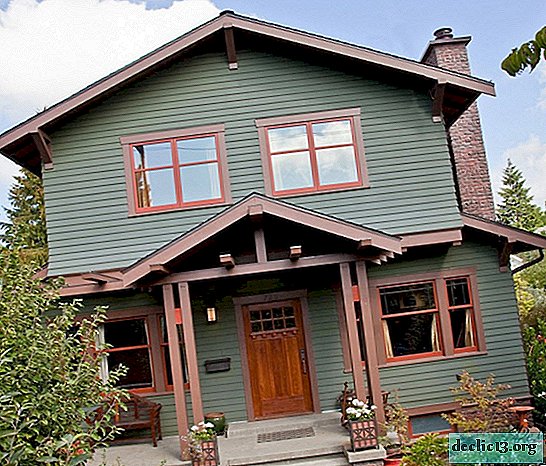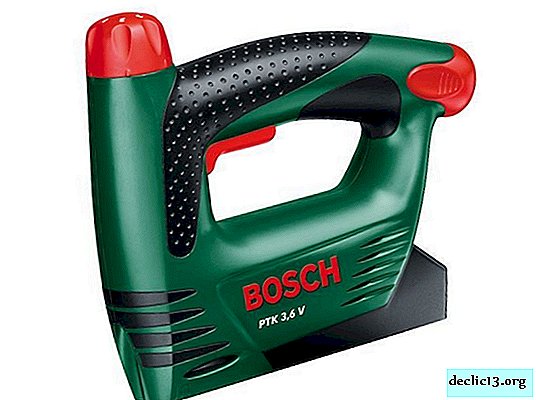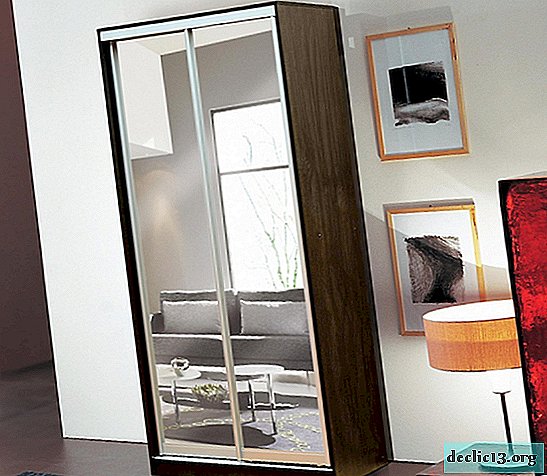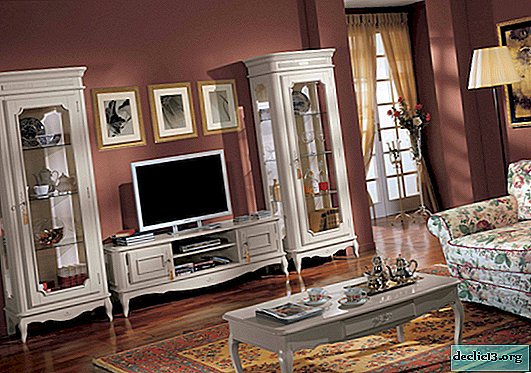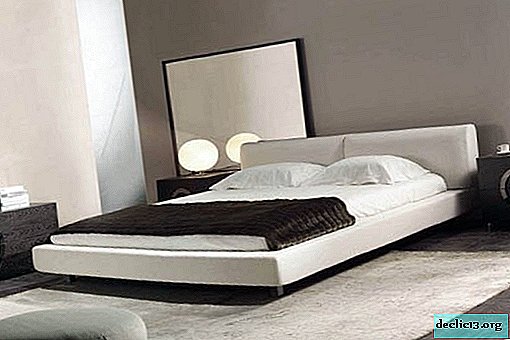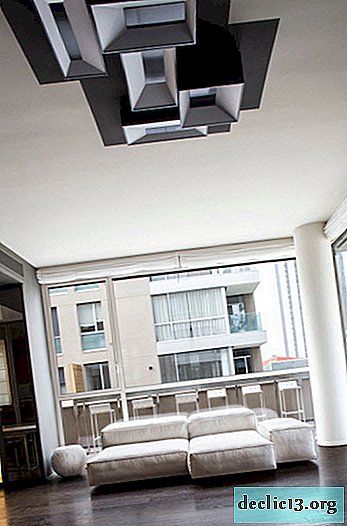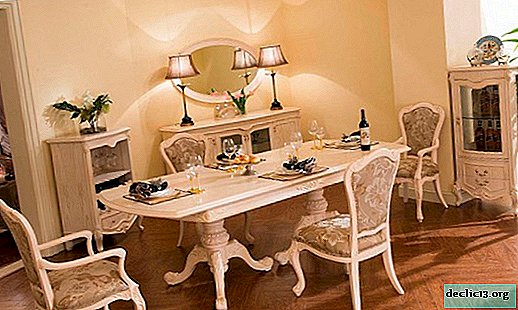Types of shelves in the dressing room, selection tips
Dressing room - a separate open or closed room for storing clothes, shoes and household items. The layout of things depends on the preferences of the owner. Convenient location of drawers, drawers, wardrobe shelves allows you to quickly search for the necessary items and use the design more efficiently.
Kinds
Before you equip a room for storing things, you should decide on the number of modules, the placement of racks, cabinets. This will make it possible to use all the free space. It is recommended to equip the wardrobe with various designs - retractable and stationary.
You should also install:
- shelves for storing shirts;
- boxes equipped with partitions for ties;
- containers and shelves for shoes in dressing rooms, things;
- mesh shelves.
Rotating ergonomic modules with shelves in the form of a semicircle and cabinets on wardrobe wheels allow more rational use of the entire space. Often, metal structures are installed in wardrobes, which saves on full-fledged cabinets.
Shelves in the dressing room can be made of various materials, vary in location, purpose and size. The interior decoration of the room will depend on the form of the main structure, its type, and parameters.



By appointment
Functionality arrangement of the wardrobe room is a difficult task. But a few recommendations will allow you to profitably use the space:
- stands, shelves, drawers must be equipped at the bottom;
- upper compartments are used for seasonal items;
- clothes hangers are placed in the middle;
- shelves for things that are constantly used in everyday life, are positioned on the sides;
- you need to provide a box for hats, gloves, umbrellas.
Home furnishing is not just a lot of cabinets. Shelves in the dressing room should be located so that things were easy to clean, get out. Therefore, it is better to think over a place for a small stool in advance. Photos of interesting options will help to properly equip the room. Some shelves can be closed with doors, but for this purpose it is better to use sliding flexible structures.



By location
The exterior design of the dressing room should be combined with the interior of the entire room. Regarding the internal arrangement of the "pantry", it is recommended to adhere to some rules. It is best to store here only shoes, clothes. Do not use it as a warehouse.
The wardrobe is divided into three zones:
- lower shelf up to 80 cm;
- the middle part is 60-190 cm;
- upper section more than 1.95 m.
This makes it possible to use the space to good use. On the lower racks place things rarely needed: drawers with bedding, shelves for everyday shoes in the dressing room. The distance between the shelves should be at least 0.45 m, which allows you to store high boots without creases.
The middle modules are designed for objects that are used constantly - rods with different shoulders, drawers in which you can store your favorite photos.
Hangers should be placed in the middle, shelves in the corners. This will allow you to quickly find the necessary things. The height of the rods should be calculated in advance. Usually it is 190 cm to the first zone.
 Location options
Location options

To size
When creating shelves in the dressing room, do-it-yourself measurements of all modules are carried out. The width of the middle section is from 0.5 meters (the usual size of the platinum shoulders is 0.45 cm). When determining the depth of the shelves, it should be noted that each member of the family has its own section for linen, hangers, clothes.
The typical size of the internal modules is 0.4 meters. Zones with shoulders, as well as mezzanines, are equipped with a standard width of 0.8 m. The lower modules can be of various sizes. For example, men's shoes are about 25 cm wide.
Retractable modules are a fairly convenient option for a small dressing room. Before you place all the shelves, it is better to make a list of things that are not often used, and put them on the bottom. Filling the closet with a lot of drawers is not recommended, because the storage should meet the needs of the owner. The large width of the modules significantly complicates the free access to objects. For clothes, the standard size is 30-40 cm.



According to the material of manufacture
The choice of various options is wide enough. But the most practical materials are:
- wood;
- plastic;
- laminated particleboard;
- plywood.
One of the most common materials is laminated particleboard. Modules from it turn out attractive, characteristics of a possible load are high. The cost of the material is available.
But its sawing should be entrusted to professionals, since this requires skills in handling chipboard, a special tool. It is preliminary recommended to familiarize yourself with the technology and adhere to the instructions.
Wood, strong, and not expensive breed - the best option for finishing wardrobe. Before making a shelf, it is necessary to choose the right material, based on the main criteria:
- breed - pine or "aromatic" spruce is better for modules;
- type - un planed or clean planed board;
- quality - suitable second-class raw materials;
- humidity - low coefficient to prevent deformation;
- surface - clean, dry material;
- size - optimally 2x20x2500 mm, you can select other parameters.
All materials have their own characteristics, therefore, to argue that it is better to just one option is impossible. His choice depends on material capabilities and the general interior of the room, dressing room.
 Wood
Wood Chipboard
Chipboard Plywood
Plywood Plastic
PlasticOptimum quantity and placement options
In order for all the free space to be used, it is better to abandon the housing modules and give preference to convenient shelves, drawers. The number of shelves depends on the size of the dressing room itself and other parameters. For the arrangement, most users prefer:
- racks, pull-out or stationary shelves;
- pedestals, bars;
- racks for shoes, dressers;
- suspended structures, mirrors.
Hangers are arranged in different ways:
- longitudinally - convenient, the most common option;
- end option - significantly saves space.
The latter method is used if the width of the dressing room is less than 65 cm. Spacious structures are equipped with longitudinal rods. Sometimes in several rows. To freely take things from the upper sections provide a lifting special system or stepladder. If racks, modules leave open "warehouse" will turn out to be spacious. For these purposes, hangers, open shallow shelves are placed at the top, and cabinets, chests of drawers are at the bottom.
In the upper sections are stored household items that are used quite rarely: underwear, sports equipment, seasonal clothes, and bags of various sizes. To make everything compactly located in the dressing room and not to clutter up the space, use narrow modules in light shades, closed boxes and shelving should be discarded. The number of racks must be calculated taking into account the fact that the owner of the dressing room is going to store family members in it, for which separate shelves should be allocated.



How to do it yourself
In order to build the modules in the dressing room yourself after measurements, calculations, you should prepare the tools, according to the following list:
- circular saw;
- hammer drill;
- manual milling machine;
- convenient cross screwdriver or screwdriver;
- technical pencil;
- tape measure, hammer;
- putty for working with wood;
- a triangle-shaped ruler;
- varnish coating or any protective liquid, brush;
- sandpaper of different roughness;
- Euro screws or screws;
- reliable furniture corners;
- guiding rollers (if it is planned to equip sliding modules);
- special overlays in tone of wood for fastening over screws.
 Instruments
InstrumentsTo prepare the material and cut parts, the following is done:
- apply prepared pattern to the surface with the help of a triangle, pencil, pattern, so that the accuracy of the lines is fully preserved;
- place the material on a surface that is only level;
- saw the board along the drawn lines;
- for curly parts, you can use a jigsaw or milling equipment;
- consistently sand the edges of all elements with rough sandpaper, then fine;
- varnish the surface, leave to dry completely;
- then apply a second coat;
- wait until the surface dries well, after which you can proceed to their installation.
 Board marking
Board marking Cut out the necessary details
Cut out the necessary details Saw cut boards
Saw cut boards Figured elements are cut out by a fret saw
Figured elements are cut out by a fret saw Varnishing
VarnishingIf an un planed board is used during work, all knots should be removed, and the surface should be sanded with sandpaper. Mask the recesses with putty. Shelves in the dressing room for shoes and things should be clearly, without inclinations, distortions, so if you move on how to proceed with the assembly of parts, you must put the appropriate markings on the mounting points of the modules. To do this, you must accurately maintain all the parameters provided by the drawing. Marks are put with a technical pencil after measurement.
Making shelves is quite simple, as well as installing them, and regardless of the type of modules - stationary or extendable. The whole process looks like this in the photo:
- drill holes in fasteners marked in advance;
- make sure the horizontal lines are accurate;
- put in the holes of the dowel, if the rack is attached to the surface of the wall. If the base is wooden, then this is unnecessary;
- to fix furniture specially selected corners with the help of euro screws or self-tapping screws;
- with small euro screws fix the mezzanine to the corners;
- on all hats put on special linings matching the tone of the tree or simply cover them well with putty.
 Wardrobe wall marking
Wardrobe wall marking Preparing Mounting Holes
Preparing Mounting Holes Furniture corners
Furniture corners Screws
Screws
If you plan to install sliding modules, then it is better to fix the guides on the base with self-tapping screws, and on the racks - a movable mechanism of a certain size corresponding to the width of the shelf itself.
Wardrobe room - a functional area that allows you to store many different things without cluttering up the room with unnecessary pieces of furniture. The process of arranging the "pantry" is quite simple, and it can be done independently, despite the fact that many are wondering how to make functional shelves, but can not decide on it. Spent time on work will definitely reward you with your results. The main requirement in the planning and construction of the structure is accuracy, care.
Video
Photo






